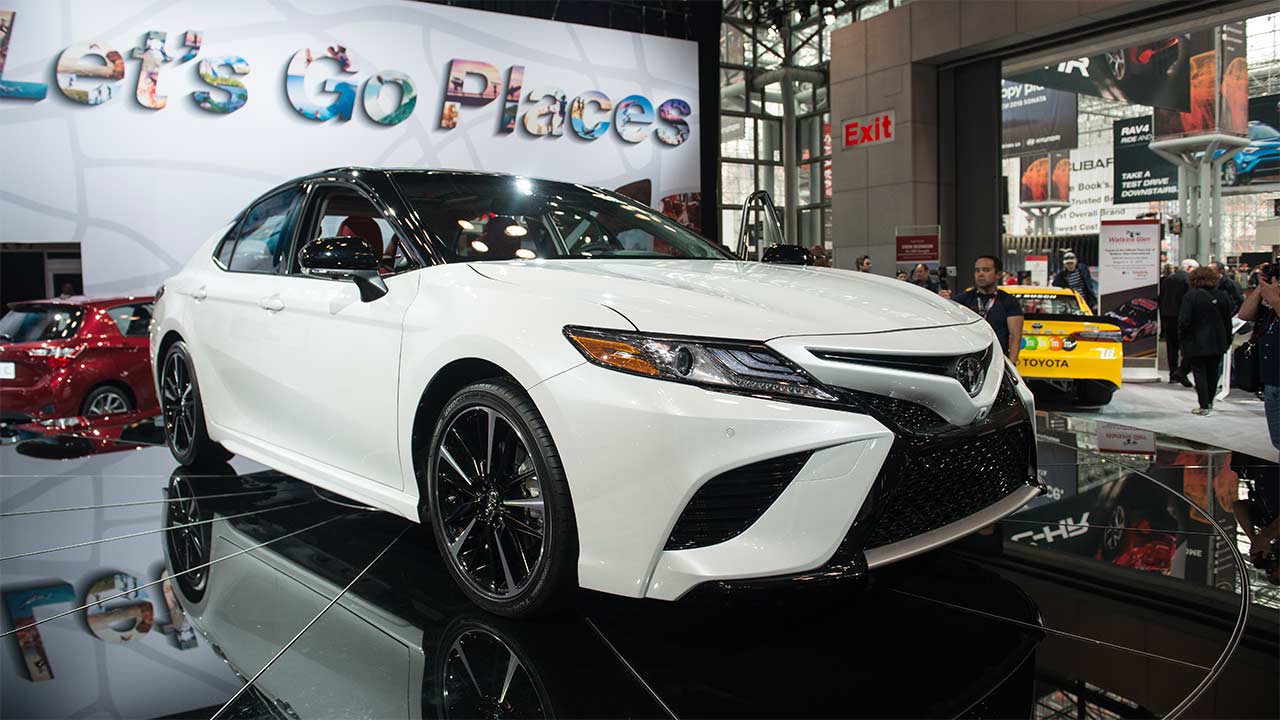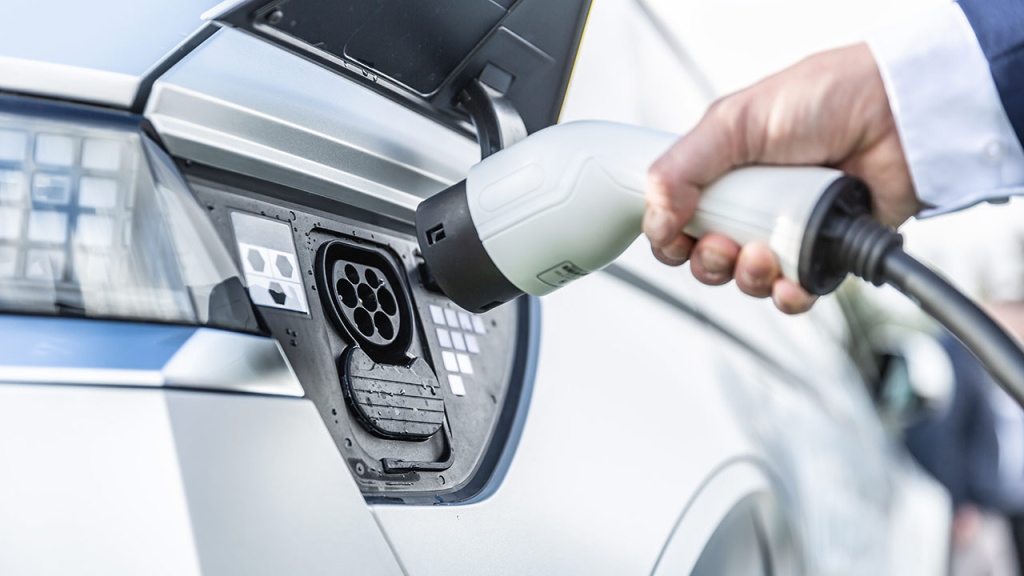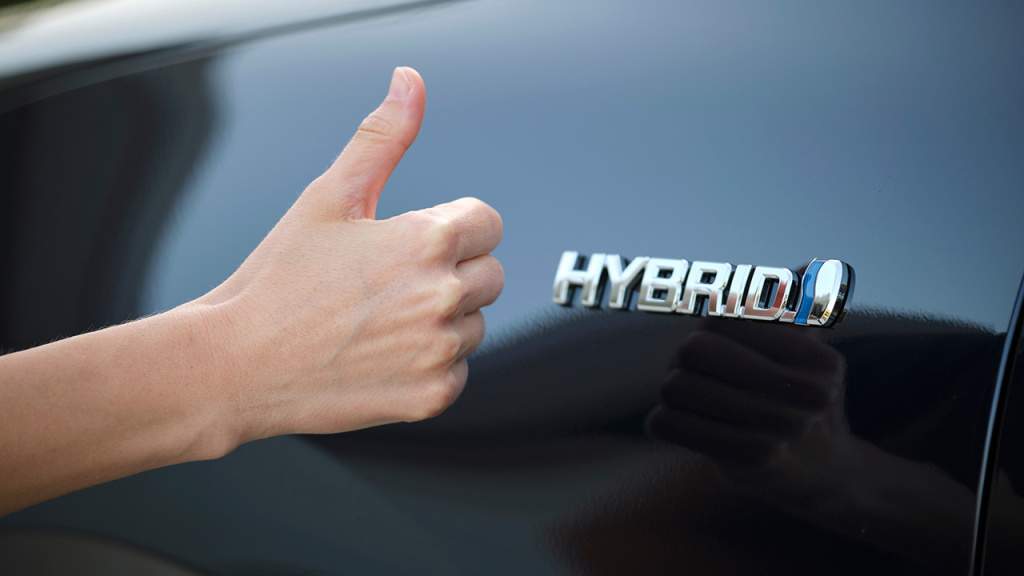
Electric vehicles: Hybrid cars are striking back
In a world where newspaper columns, TV shows are overbooked with advertisements for electric vehicles (EV), the rising line of the market they make up hybrid cars it has become a noticeable trend.
While fully battery-powered electric vehicles have dominated the headlines and headed for the future, hybrid cars have been quietly but steadily making their way onto the market, attracting the attention of more and more consumers. The reasons behind this phenomenon are multiple.
Hybrid cars have been around since the early 2000s and have gradually gained popularity in the last few years, globally, while for example in Californiafor two decades in constant sales growth, he writes Slash Gear. Industry experts forecast that the global hybrid vehicle market could experience new, significant growth, with an estimated value of $271.80 billion in 2023, compared to $227.94 billion in 2022.
On the other hand, the market battery-powered electric vehicles experienced stagnant sales from January 2023, with sales of new EVs lasting twice as long as the previous year.
 Shutterstock
ShutterstockFrom a consumer perspective, the appeal of hybrids over EVs is becoming more apparent. Hybrid vehicles are more appealing to a wider audience, as they are more affordable than their all-electric counterparts, although more so than traditional gasoline cars.
Also, expected repair costs are lower, thanks to regenerative brakes and long-lasting batteries, often covered by comprehensive warranties.
Charging: Electric Vehicles vs Hybrid Cars
Another attractive aspect of hybrid vehicles is their impressive fuel economy. For example, the 2024 Kia Niro Hybrid has an EPA rating of 53 mpg on the combined cycle, making it one of the most efficient hybrid cars.
In contrast, the Niro EV offers an estimated range of just over 400 km with its 64.8 kWh battery. However, the hybrid never has a problem with autonomy, because it is constantly charging using its gasoline engine.
One significant factor influencing potential buyers in favor of hybrids is the lingering concerns about fully electric vehicles. Studies show that autonomy anxiety and lack of charging infrastructure remain the main disadvantages of EV ownership.
 Shutterstock
ShutterstockAlthough most EVs offer sufficient autonomy for everyday driving, the situation becomes more complex during longer journeys, requiring careful planning and researching available charging stations. It's impractical compared to quickly filling the gas tank, which takes a minute or two.
To address these issues, new and established automakers are adopting the company's North American Charging Standard (NACS). Teslaa superfast charger developed by an American electric vehicle company.
Hybrid vehicles, on the other hand, free consumers from the complexity of charging (with the exception of plug-in hybrid models) and offer a smooth transition from traditional gasoline vehicles. Recognizing the importance of this aspect, the United States government has allocated $7.5 billion in 2022 to improve and expand the network of EV charging stations along selected Alternative Fueling Corridors, especially along Interstate highways.
Although electric vehicles undoubtedly represent the future of transportation, there are still challenges before their widespread adaptation. Meanwhile, hybrids represent a bridge between traditional internal combustion vehicles (ICEs) and EVs, offering consumers a practical and environmentally friendly option.
For those looking to reduce their environmental footprint without fully committing to electric vehicles, hybrids remain an attractive choice in the evolving automotive landscape.